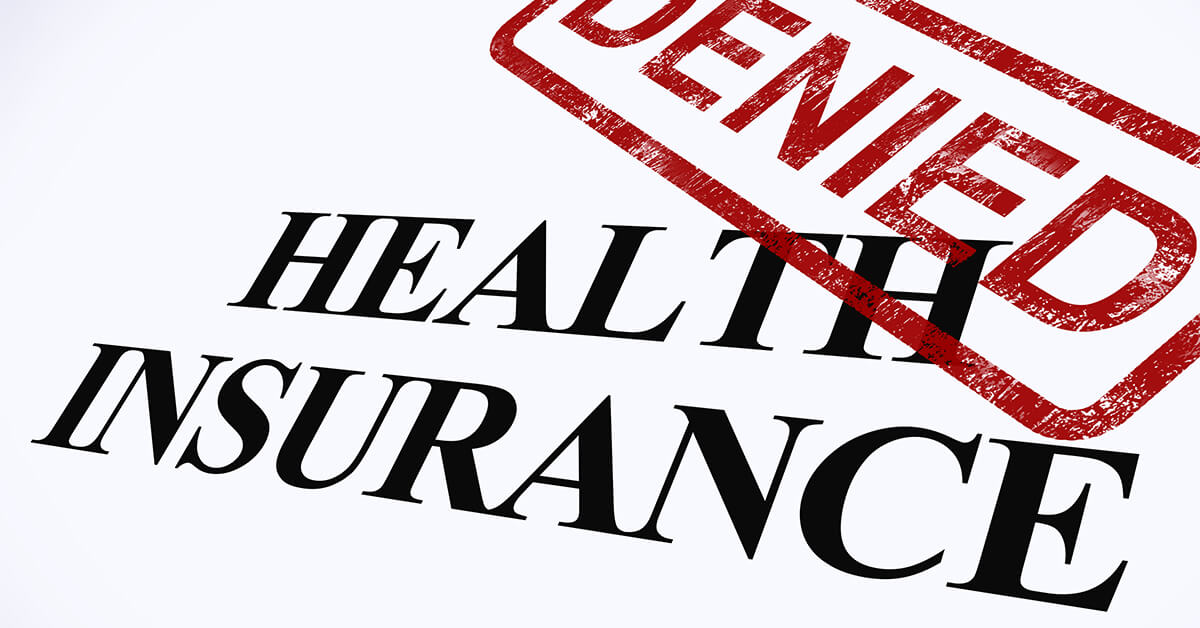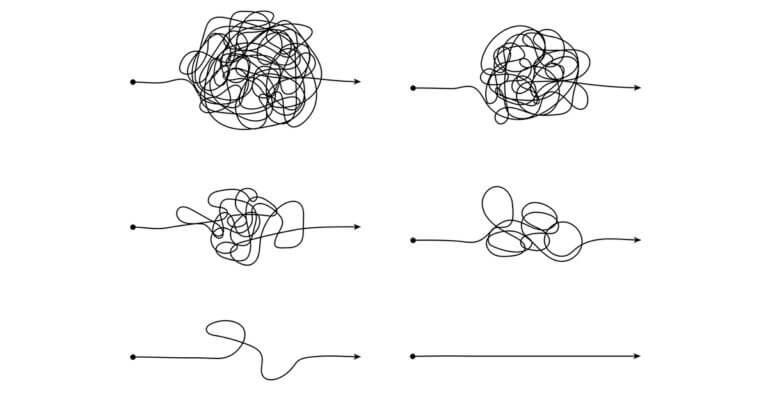June 28, 2023

Employer-Sponsored Insurance Is Starting to Suck
At some point in the late 1960s or early 1970s, my dad lost his job. Despite having three mouths to feed (me, my mom and my sister), there was absolutely no way my dad was going on unemployment. Living off a government program was a sign of failure. A total disgrace. Something he’d never want mentioned in the same breath as his name. Largely thanks to my mom, our family made ends meet until my dad got another job a few months later.
Rightly or wrongly, a lot of people feel the same way about health insurance. They much prefer to get commercial, or private, health insurance through their employer as opposed to a government program or program established by the government. Medicare means you’re old. Medicaid means you’re poor. Children’s Health Insurance Program means you’re poor but not poor enough for Medicaid. A state or federal marketplace plan means you’re unemployed or self-employed.
One of the big fallacies in that position is that employer-sponsored insurance, or ESI, is superior to any other type of health insurance you’d get from a government or government-created health insurance program. It’s not. How do I know? Here are two big clues.
First, last December, the U.S. Chamber of Commerce released the results of a survey of employed workers that found that workers absolutely love their ESI. That struck me as kind of weird.
Of the 2,334 survey respondents, all of whom had ESI:
- 81% said they prefer to get their benefits from their employer than from the government.
- 95% said their ESI is more convenient than insurance through a government program.
- 83% said their ESI is more affordable than insurance through a government program.
- 76% said their ESI has better coverage than insurance through a government program.
Second, in May, AHIP (formerly known as America’s Health Insurance Plans), released the results of a survey of employed workers that found that workers loved their ESI, too, albeit not quite as passionately as the workers surveyed by the U.S. Chamber of Commerce. That also struck me as kind of weird, right?
Of the 1,000 survey respondents, all of whom had ESI:
- 68% said they prefer to get their benefits from their employer than from the government.
- 63% said they are satisfied with their current ESI.
- 59% said the quality of their ESI is high.
- 53% said the cost of their ESI is reasonable.
When both the U.S. Chamber of Commerce and AHIP say people adore their ESI, something’s up. The special interest groups doth loveth too much, methinks.
Thankfully, the Kaiser Family Foundation (KFF) decided to do its own survey of consumers about how they felt about their health insurance. All of the 3,605 respondents had health insurance. Of those, 978, or 27%, had ESI. The others had insurance through Medicare, Medicaid or an ACA exchange plan.
KFF released the results of the survey earlier this month. Here are some of the survey results:
- 60% said they had problems with their ESI over the past 12 months compared with 58% for Medicaid and 51% for Medicare.
- 54% said it’s “somewhat difficult” or “very difficult” to understand their ESI compared with 46% for Medicaid and 37% for Medicaid.
- 33% of the respondents who reported having problems with their ESI over the past 12 months said they ended up paying more than they expected for treatment or services compared with 19% for Medicare and 12% for Medicaid.
- 33% graded the overall performance of their ESI as “excellent” compared with 50% for Medicare and 36% for Medicaid.
Not a glowing report card for ESI. I’d also say it’s a more accurate reflection of peoples’ experiences with health insurance carriers, especially private health plans. Talk to anyone you know with ESI.
Commercial health plans design benefit packages to exclude what members need, look for any reason to deny or delay a claim and attempt to pay a fraction of a member’s medical bill. Collecting premiums and not paying claims is how they make money for their owners and shareholders.
Saying you’ll never rely on the government for health insurance just isn’t the brag it used to be.
Thanks for reading.





